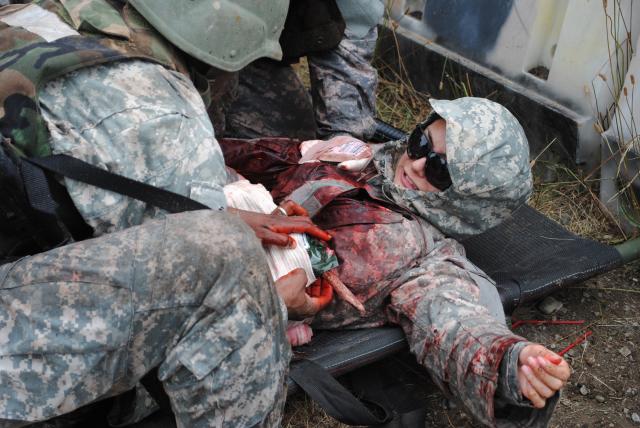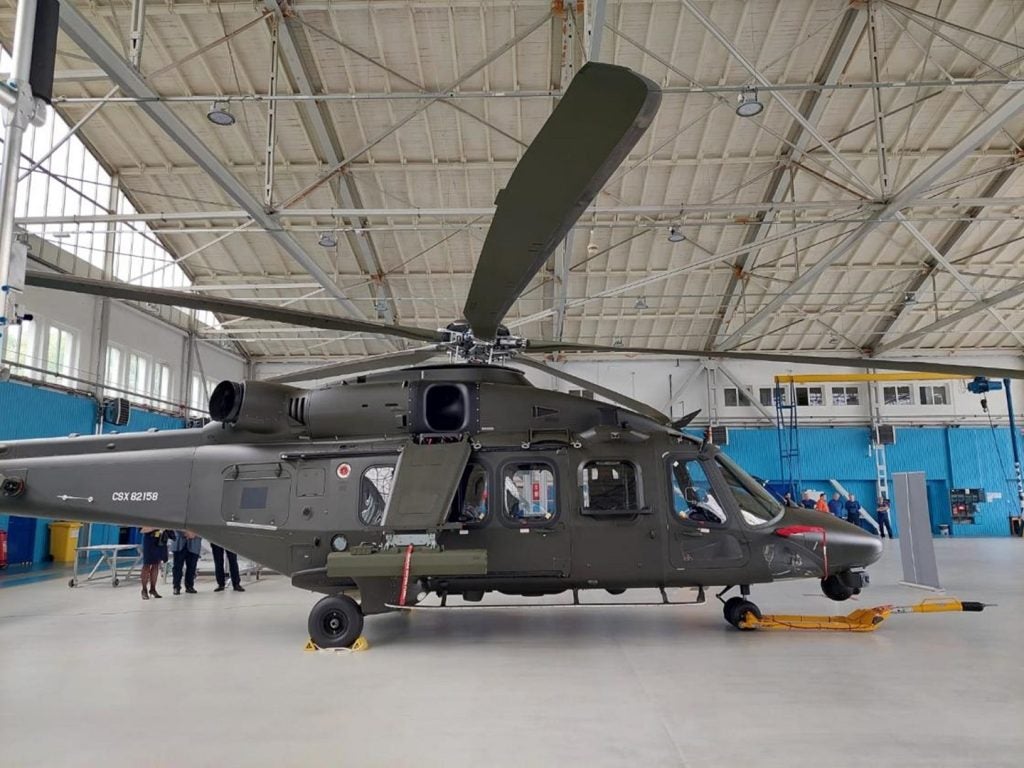
Think-A-Move (TAM) has been awarded a contract for development and delivery of a speech and connectivity interface for mobile medical tactical environments (SCIMMITAR) system to the US Army.
Developed under the undisclosed Phase II small business innovation research (SBIR) contract, the SCIMMITAR system will be used by the army’s Telemedicine and Advanced Technical Research Center (TATRC).
Capable of running on an Android operating system based device, such as a smartphone, the SCIMMITAR system will be designed to help military medics to provide improved casualty care in the battlefield.
Commenting on the contract, TAM business development vice-president Jonathan Brown said the project work aimed to address an important requirement to provide enhanced clinical documentation to the army.
TAM president Jim Harris said: "SCIMMITAR leverages the TAM’s expertise in developing noise-robust speech recognition solutions."
The device uses a TAM-built noise robust speech recognition system, which is capable of processing the medic’s speech locally, enabling hands-free interaction, eventually helping the medic complete an electronic version of the tactical combat casualty care (TCCC) card using speech.
How well do you really know your competitors?
Access the most comprehensive Company Profiles on the market, powered by GlobalData. Save hours of research. Gain competitive edge.

Thank you!
Your download email will arrive shortly
Not ready to buy yet? Download a free sample
We are confident about the unique quality of our Company Profiles. However, we want you to make the most beneficial decision for your business, so we offer a free sample that you can download by submitting the below form
By GlobalDataUsing the device, medics will be able to access important information required for casualty treatment by interacting with remote data sources in the presence of a network connection in the battlefield.
As well as transcribing the medic’s spoken progress notes, the SCIMMITAR will also help the medic complete all fields on the TCCC card that always remain incomplete, as it requires the medic to stop treatment of the wounded personnel.
The complete documentation provides army medical researchers with information required for making recommendations for best practices, which will eventually contribute to improved clinical outcomes.
Image: A US Army soldier simulates being treated for injuries during a training event at the Medical Simulation Training Center at Joint Base Lewis-McChord in US. Photo: courtesy of Tawny M Dotson.








